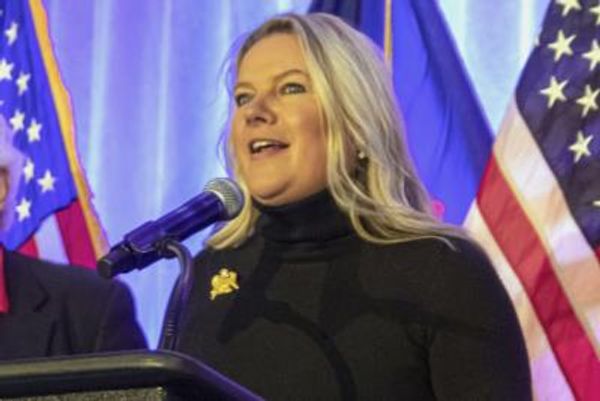
Hundreds of egg producers are facing collapse as rising costs of fuel and energy combine with additional costs of keeping hens indoors during a bird flu outbreak.
British free-range poultry farmers are calling on big retailers to increase the price of a dozen eggs by 40p as some smaller producers are already on the brink of shutting down.
Andrew Jorêt, the chair of the British Egg Industry Council, including caged birds, said: “The tidal wave of cost increases will see many family farms, some of which have been producing eggs for generations, going under in a matter of days, unless something is done quickly.”
He said the availability of British eggs on supermarket shelves was “seriously under threat” if rising costs for farms could not be passed on. These include a 50% increase in the cost of feed and a 40% rise in energy costs.
The national flock, including caged birds, has already declined by about 4m birds in the past year. Farmers say the war in Ukraine has added to their difficulties. This is because the rising price of feed – which largely consists of grain such as wheat, a big proportion of which is produced in the Black Sea region – has added costs of up to 30p to a dozen eggs.
Dan Brown, a free-range egg producer who has 44,000 hens in Suffolk, has been farming for 18 years but said he would be “in serious trouble” if the situation did not change in the next six months.
“Our feed costs are up 40%, energy is up 60%, and to bring in the next flock of hens is going to cost 10% more,” he said. “Add in a labour increase of 10% and we are probably losing about 2 to 2.5 pence on every egg laid on the farm.
“We will be in serious trouble if the market hasn’t turned by the autumn, but it needs to turn immediately,” he said.

Producers of normally free-range eggs are facing particular difficulties as they are being forced to keep birds inside because of a severe outbreak of avian flu. The British Free Range Egg Producers Association (BFREPA) said the change required more staff to take care of the birds, energy to light and heat the barns in which the animals are kept. Toys including footballs and old CDs on strings are also needed to keep entertained birds that are used to being able to roam outside.
Robert Gooch, the chief executive of the BFREPA, said farmers were becoming increasingly desperate as their appeals for higher prices had not been responded to by the big retailers including Asda, Sainsbury’s, Morrisons, Tesco, Waitrose, Lidl, Aldi and Marks & Spencer.
“This is not a false flag – the free-range egg sector is in crisis and if something doesn’t change these farms will close and the people who run them will not have an income. This is a situation entirely out of farmers’ hands. The whole world can see that feed and energy prices have gone through the roof – that has consequences,” he said.
The issues have emerged as a whole range of British producers struggle with rising costs, including fertiliser, as global shortages linked to the pandemic are worsened by Brexit and the war in Ukraine.

The National Farmers’ Union has warned of a huge drop in UK-grown crops, including peppers, cucumbers and aubergines, as it becomes too expensive to produce them.
The NFU said producers of crops who used greenhouses were facing a reduction of up to 50% in the amount they could afford to grow because of the huge increase in the cost of the gas needed for heating.

Minette Batters, the NFU president, said the number of cucumbers grown this year could fall from 80m to 35m, while for peppers it could halve to 50m. The cost of rearing a chicken has also increased by 50% in a year.
Vast greenhouses are empty in the UK as growers hold off from planting because prices will not cover costs.
While it cost about 25p to produce a cucumber in Britain in 2021, it has doubled this year and is set to hit 70p, the trade body British Growers told Reuters. However, regular-sized cucumbers were selling for as little as 43p in UK supermarkets this week.







